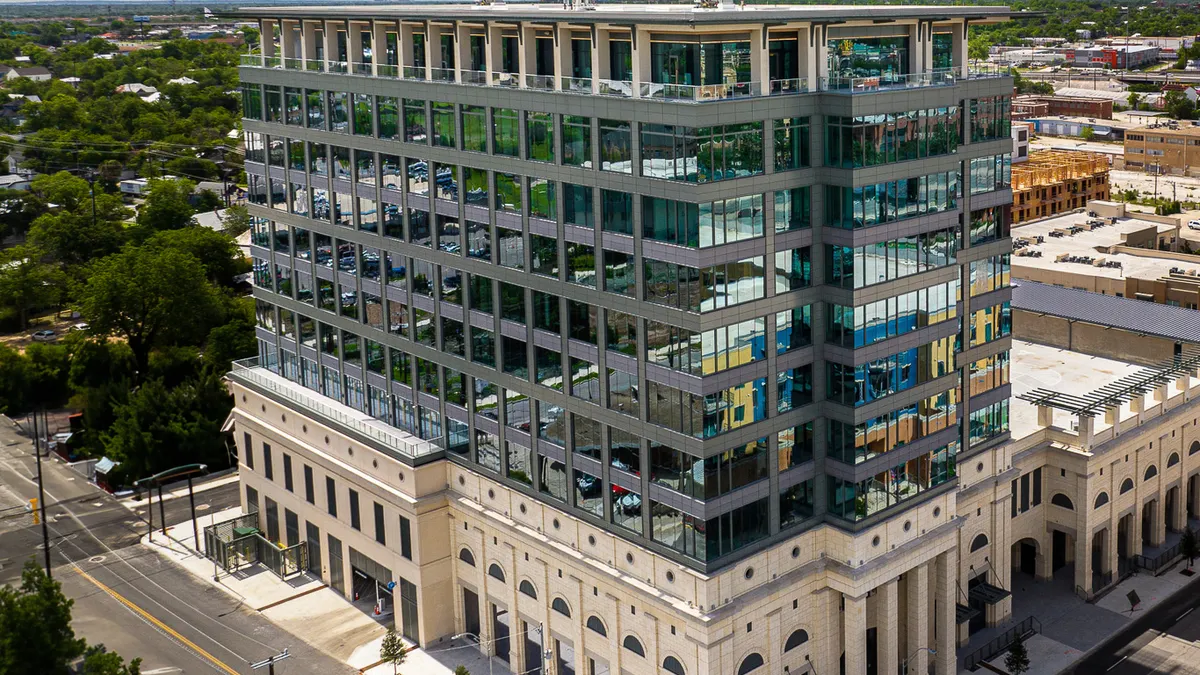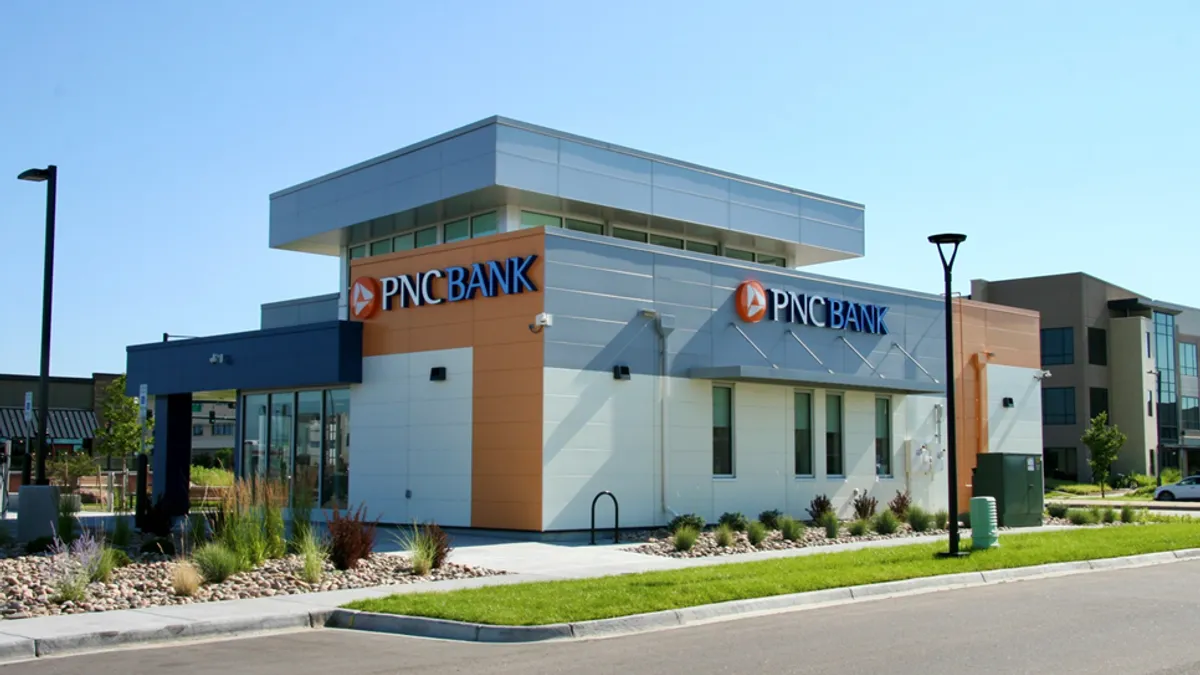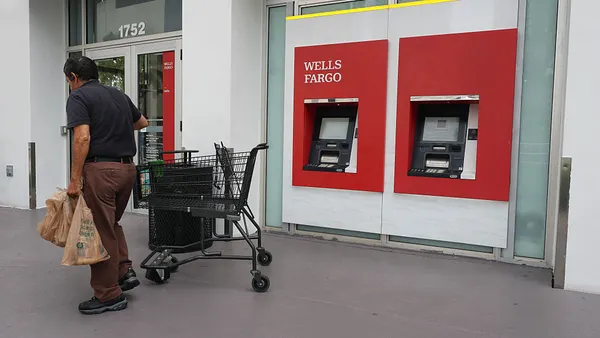Dive Brief:
- Cadence Bank has agreed to pay more than $8.5 million to resolve a Justice Department (DOJ) investigation that alleges the bank avoided mortgage lending in predominantly Black and Hispanic neighborhoods in Houston between 2013 and 2017.
- The settlement, announced Monday, includes a $3 million penalty from the Office of the Comptroller of the Currency (OCC) and $4.17 million the bank has pledged to invest in a loan subsidy fund for residents of mostly Black and Hispanic neighborhoods. The bank also will put $750,000 toward the development of community partnerships meant to boost access to residential mortgage credit in those neighborhoods, and earmark a further $625,000 for advertising, outreach, consumer financial education and credit repair initiatives.
- "Cadence believes that at all times it acted in compliance with our nation’s fair lending laws," the bank’s CEO, Paul Murphy, said in a statement. However, after Cadence’s 2012 acquisition of Houston-based Encore Bank, "we recognized that the mortgage lending program was not where we wanted it to be," Murphy said. More than half of the bank’s residential mortgage lending in Houston has come from minority neighborhoods over the past several years, he said.
Dive Insight:
Monday’s OCC penalty comes as Cadence is awaiting regulator approval of its proposed merger with BancorpSouth, which it still expects to close in the fourth quarter. Cadence announced this month that its shareholders had approved the tie-up.
The redlining allegations, meanwhile, were not entirely a surprise. Cadence warned its shareholders in an early August filing with the Securities and Exchange Commission (SEC) that it had received a letter from the DOJ detailing the allegations.
OCC examiners in 2018 found Cadence had required minority borrowers pass a wealth threshold that white customers did not have to meet when they borrowed against the equity in their home in second-lien mortgages, ProPublica and The Capitol Forum reported last year.
The OCC referred the case in December 2018 to the Justice Department as a civil rights concern, but the regulator, at the time, did not publicly sanction Cadence, OCC documents showed.
Cadence, in a statement seen by ProPublica, said it had stopped offering piggyback mortgage loans in 2019 and that the bank never discriminated. "Cadence Bank does — and always has — treated minority consumers in a fair and non-discriminatory manner and is always looking for ways we can do better," the bank said.
In its enforcement action Monday, the OCC said examiners found Cadence did not give equal access to credit to first-lien mortgage seekers in majority-minority and majority-Hispanic census tracts between 2014 and 2016 based on an assessment of its mortgage application and origination activity, branching history, mortgage loan officer structure and operations, marketing and advertising. Specifically, just one of the bank’s 11 Houston-area locations at that time was in a majority-nonwhite neighborhood, but it did not have a mortgage loan officer working in the branch — unlike other Houston-area branches, the OCC said. Further, the bank’s mortgage lending activity in those neighborhoods at that time was consistently lower than that of its peers, the agency said.
As part of the settlement, Cadence must dedicate at least four mortgage loan officers to majority-Black and Hispanic neighborhoods in Houston and open a new branch in one of those neighborhoods. The bank must also employ a director of community lending and development to oversee these efforts.
"There is no place for discrimination in the federal banking system," Acting Comptroller of the Currency Michael Hsu said in a statement. "The OCC will use the full force of our authority to correct fair lending violations with our supervisory and enforcement tools."
Cadence, in its statement Monday, said it established a Fair and Responsible Banking Working Group to boost mortgage lending in majority-nonwhite areas "after self-identifying the Houston mortgage lending proportionality issues and on its own initiative." The bank said it has developed a more competitive product for low- and moderate-income (LMI) mortgage borrowers, opened a retail branch in a majority-nonwhite area of Houston, hired more Spanish-speaking mortgage loan officers, and increased advertising and marketing. In 2019, it said, it launched a five-year, $2.5 billion effort to ensure nonwhite and LMI communities are well served.














